Independent travel provides a universe of independence and self-discovery that group tourism lacks. You have the freedom to do what you want, discover off-the-beaten-path locations at your leisure, and fully absorb new cultures without having to deal with anyone else. On the other hand, traveling alone also entails that you’re your own security detail, guide, and go-to person in case of emergencies.
The good news is that millions of travelers go solo each year without mishap, and if you are properly prepared, you can be one of them without taking a risk. Here’s a compilation of 20 vital safety tips to help you explore the world solo with confidence.
Research Your Destination

Think of destination research as your first line of defense against unpleasant surprises. You’ll want to spend time learning about local customs, common scams, and areas to avoid before you even pack your bags. Understanding the political climate, along with weather patterns and cultural norms, helps you blend in rather than stand out as an obvious tourist target.
Share Your Itinerary
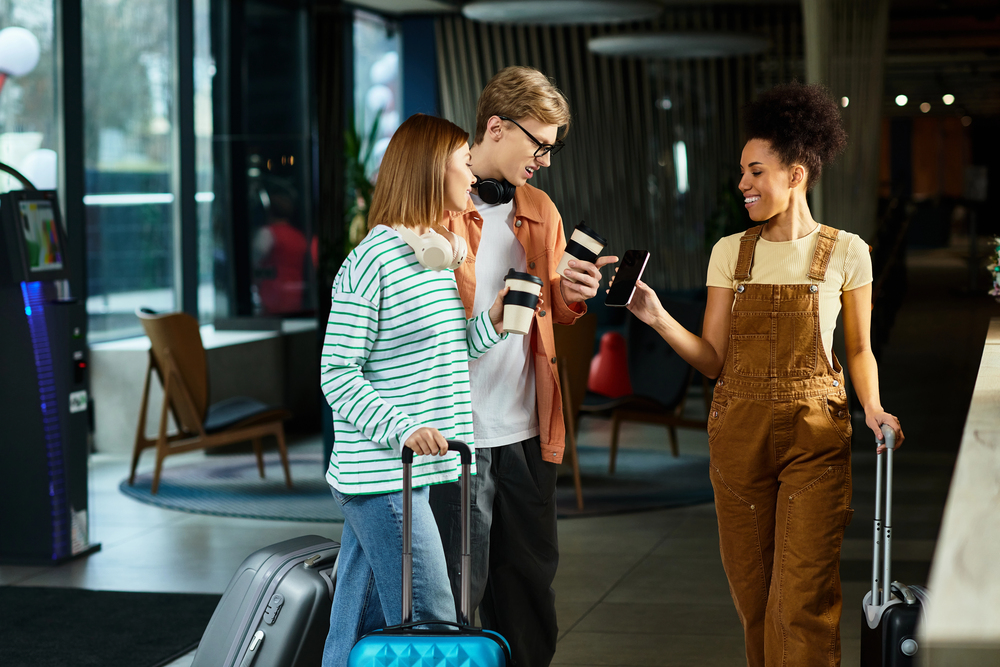
Always leave a detailed travel plan with someone you trust back home. Include dates and times for your flights, accommodations, and planned activities. This creates a safety net where someone will notice if you go off the grid unexpectedly.
Like Travel Pug’s content? Follow us on MSN.
Keep Copies of Documents
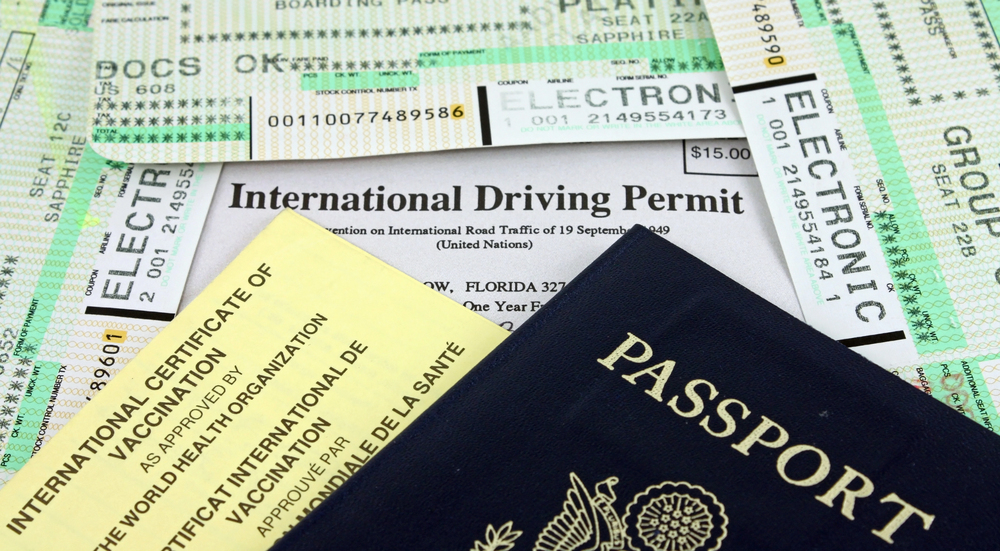
Store digital and physical copies of your passport, visa, driver’s license, and travel insurance in separate locations. Email yourself scanned copies while keeping physical backups in different bags. Should your original documents get stolen or lost, having copies will make replacement much faster and less stressful.
Trust Your Instincts

Your gut feeling often proves more accurate than any guidebook when it comes to personal safety. If a situation, person, or place feels off, don’t ignore that internal alarm system. It’s better to seem rude or paranoid than to end up in a dangerous situation.
Stay Connected

Invest in an international phone plan or a local SIM card to maintain communication capabilities. Regular check-ins with friends or family back home create accountability and ensure someone knows you’re safe. Consider downloading offline maps and translation apps before you lose internet access.
Like Travel Pug’s content? Follow us on MSN.
Pack Light
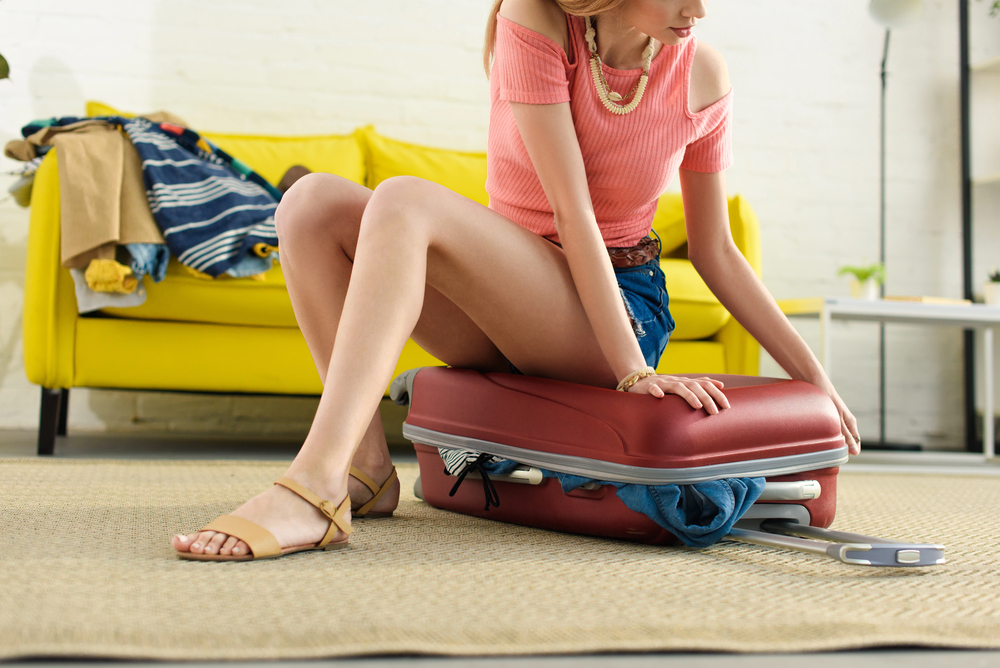
Heavy luggage makes you look like a wealthy tourist, but it also slows down your ability to move quickly if needed. A single backpack or small rolling suitcase gives you mobility, and it also makes you less of a target. You’ll thank yourself later when navigating crowded train stations or uneven sidewalks.
Choose Safe Accommodations
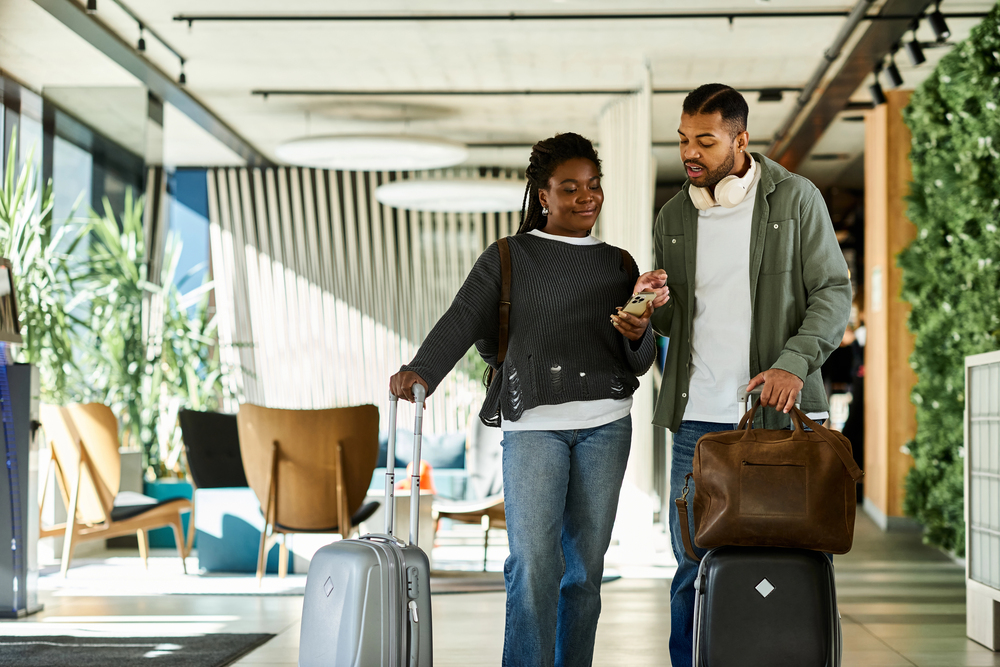
Read recent reviews carefully and prioritize properties in well-lit, populated areas over remote locations. Hostels with good security measures and hotels with 24-hour front desk service provide additional safety layers. Sometimes paying a bit more for a safer neighborhood — that’s the best investment you can make.
Avoid Flashy Jewelry

Leave expensive watches, jewelry, and designer accessories at home to avoid attracting unwanted attention. Thieves often target people who appear wealthy, so dressing modestly helps you blend in with locals. A simple wedding band can also deter certain types of unwanted advances, even if you’re single.
Like Travel Pug’s content? Follow us on MSN.
Learn Basic Local Phrases

Knowing how to say ‘help,’ ‘police,’ ‘hospital,’ and ‘no’ in the local language can be lifesaving in emergency situations. Even basic phrases show respect for the culture while helping you get the assistance you need when you need it most. Download a translation app as backup — though don’t rely solely on technology.
Keep Emergency Cash

Stash small bills in multiple hiding spots throughout your belongings — separate from your main wallet. ATMs might not work, cards can get stolen, and some places only accept cash. Having emergency funds hidden in your shoe, jacket lining, or passport holder gives you options when things go wrong.
Use Reputable Transportation

Stick to official taxis, well-known ride-sharing apps, or public transportation rather than accepting rides from strangers. Research the typical fare ranges beforehand so you’ll know if someone’s trying to overcharge you. If possible, share your ride details with someone back home.
Like Travel Pug’s content? Follow us on MSN.
Stay Alert in Crowds
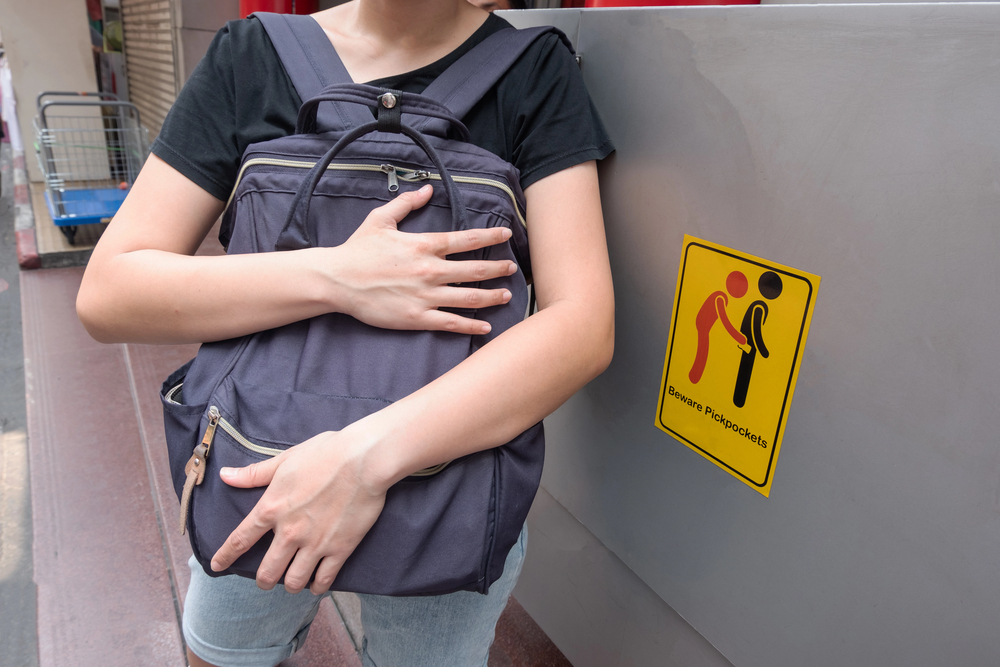
Pickpockets thrive in busy markets, tourist attractions, and public transportation hubs, where people tend to get distracted. Keep your valuables in front pockets or a money belt while maintaining awareness of your surroundings. If someone bumps into you or creates a distraction, immediately check for your belongings.
Don’t Overshare Online
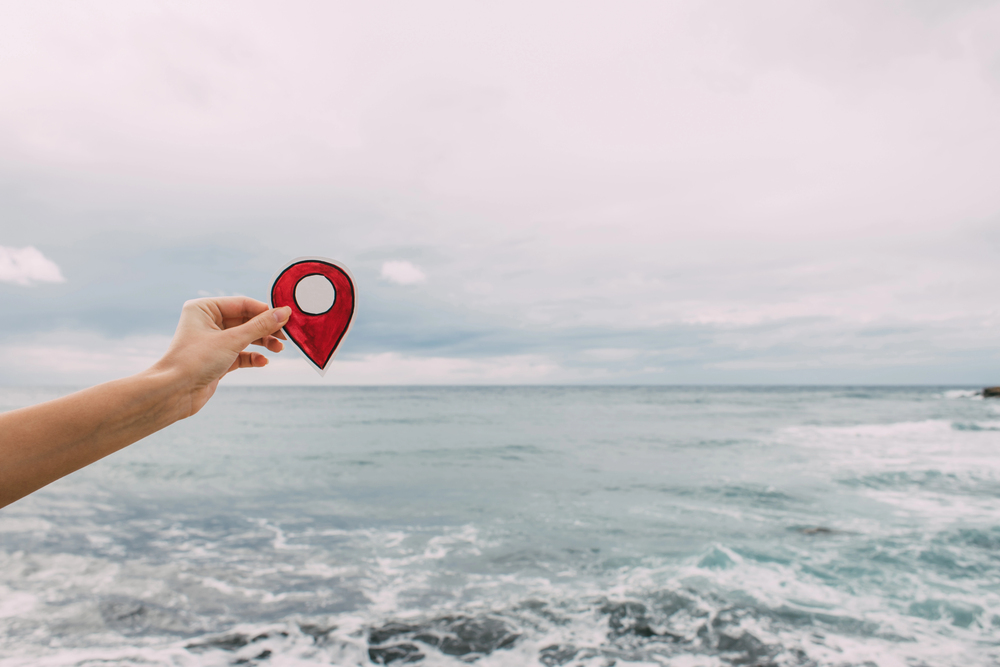
Resist the urge to post real-time updates about your exact location on social media. Share your amazing experiences after you’ve moved on to the next destination. Broadcasting your solo status and current whereabouts to the entire internet can attract the wrong kind of attention.
Carry a Dummy Wallet
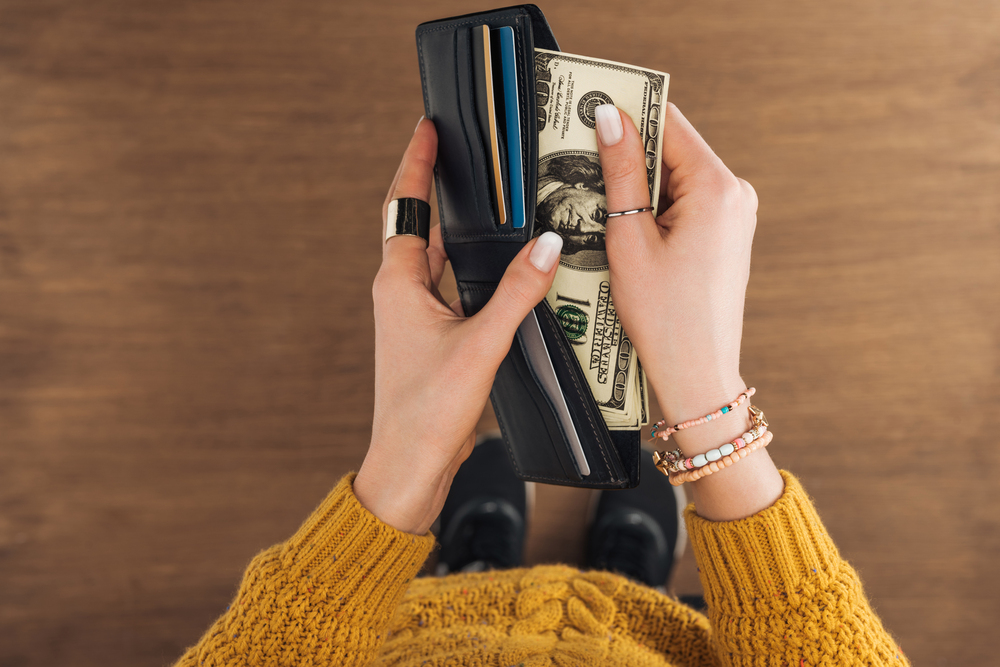
Keep a decoy wallet with small bills and expired cards to hand over if you’re robbed. Most thieves will grab it and run without thoroughly checking the contents. Your real money and important cards should be kept out of sight on your person.
Like Travel Pug’s content? Follow us on MSN.
Know Local Emergency Numbers
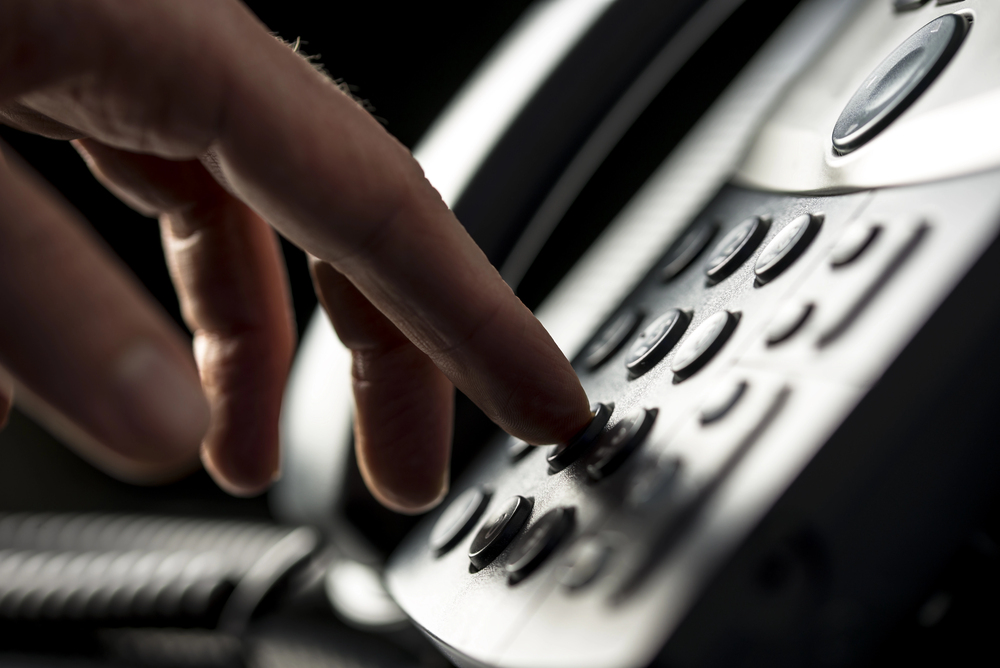
Write down the local police, ambulance, and fire department numbers in your phone and on paper. Don’t assume 911 works everywhere, since many countries use different emergency numbers. Also, research the nearest embassy or consulate location in case you need official assistance.
Stay Sober

Limit alcohol consumption, especially when you’re alone in unfamiliar places. Impaired judgment makes you vulnerable to theft, scams, and dangerous situations. If you do drink, stick to busy, well-lit establishments and never leave your drink unattended.
Dress Appropriately
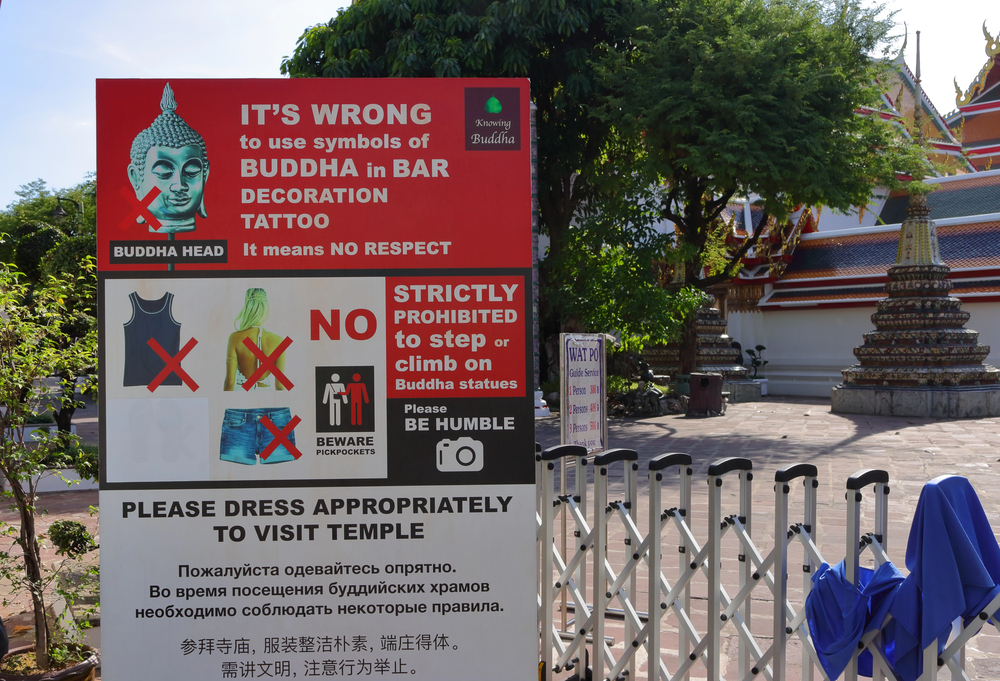
Research local dress codes and cultural expectations before you arrive. Covering up in conservative countries shows respect while helping you avoid unwanted attention. Comfortable, practical clothing also allows you to move freely and blend in with the local population.
Like Travel Pug’s content? Follow us on MSN.
Use Hotel Safes
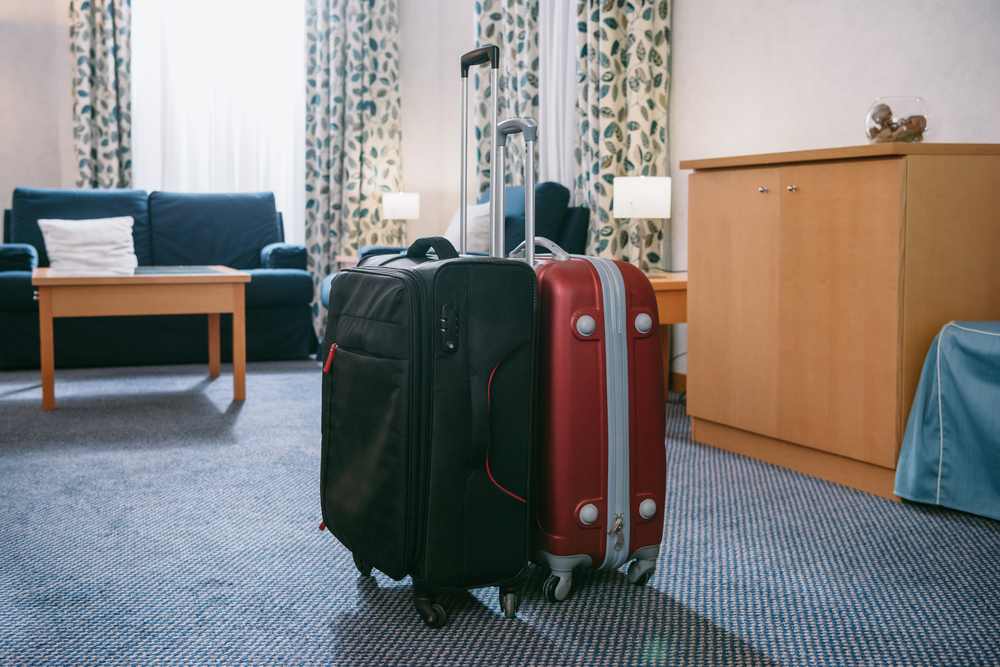
Store your passport, extra cash, and backup cards in the hotel safe when you’re out exploring. Don’t carry all your valuable items with you at once. If your accommodation doesn’t have a safe, consider a hidden money belt or neck pouch for important documents.
Meet People in Public Places
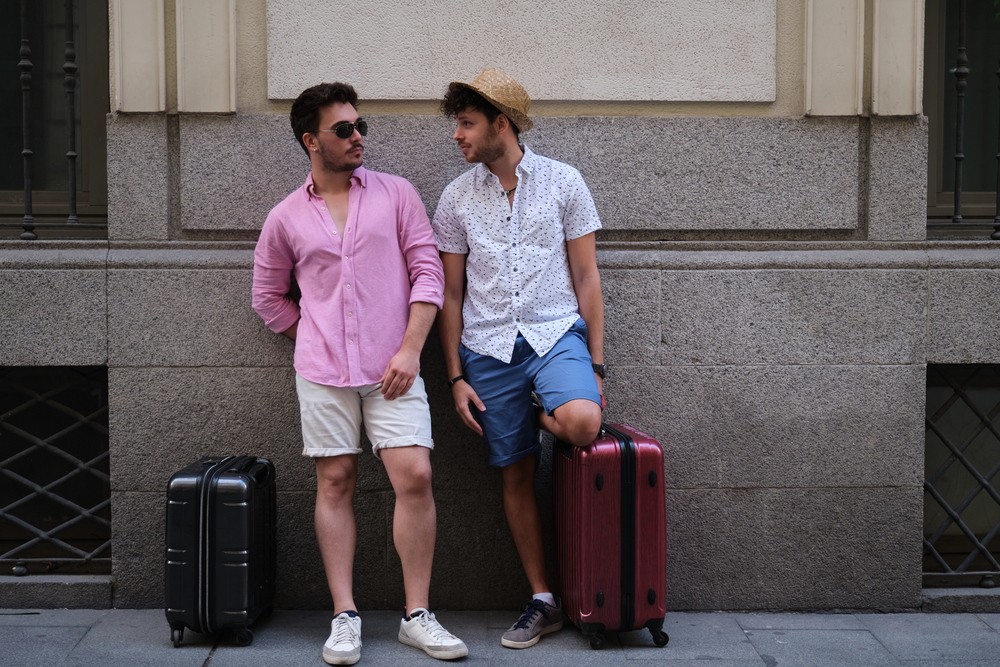
If you connect with locals or other travelers, arrange to meet in busy, public locations like cafes or popular tourist spots. Avoid going to private homes or isolated areas with people you’ve just met. Public spaces provide natural safety through visibility and witnesses.
Have an Exit Plan
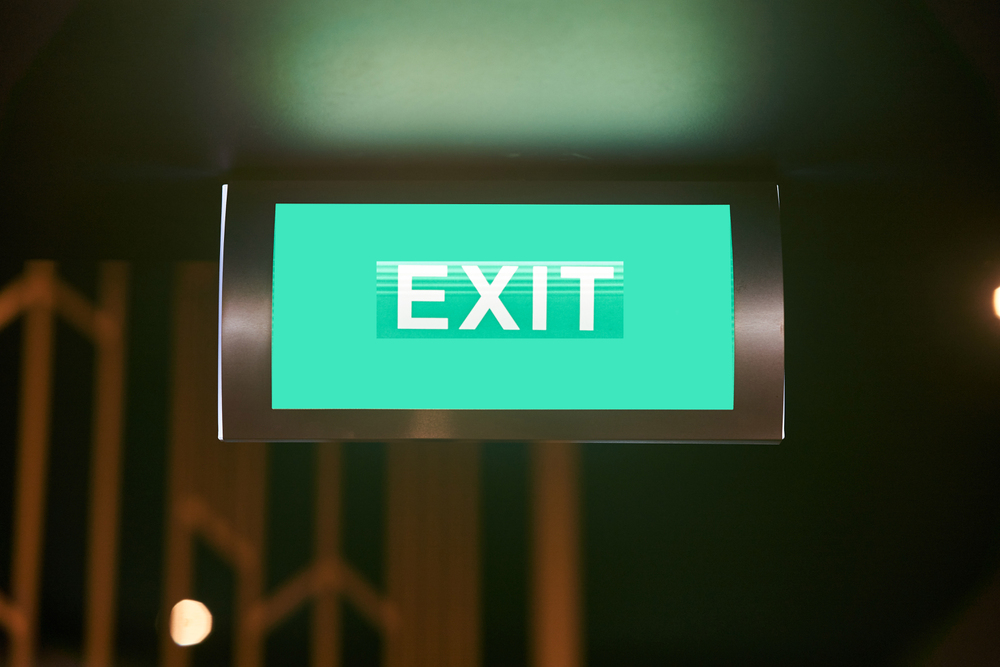
Always know how to get back to your accommodation quickly and safely, particularly at night. Keep the address written in the local language while researching multiple route options. Having a clear exit strategy reduces panic if you find yourself in an uncomfortable situation.
Like Travel Pug’s content? Follow us on MSN.
The Solo Traveler’s Edge

Though solo travel requires extra vigilance, it also builds confidence and self-reliance that group travel simply can’t match. The safety habits you develop on the road often translate into better personal security awareness at home.
Every experienced solo traveler started exactly where you are now, with a mix of excitement and nervousness about venturing out alone. The key lies in channeling that nervous energy into smart preparation rather than letting fear hold you back from incredible experiences.
More from Travel Pug

- 20 Best Beach Towns in the Carolinas
- 13 Destinations Where Tourists Regularly Regret Their Trip
- 20 Things You Actually Get in First Class
- 20 Small Airports With Aviation Museums
- 20 Places in the U.S. That Are Perfect for a Reset Trip
Like Travel Pug’s content? Follow us on MSN.
